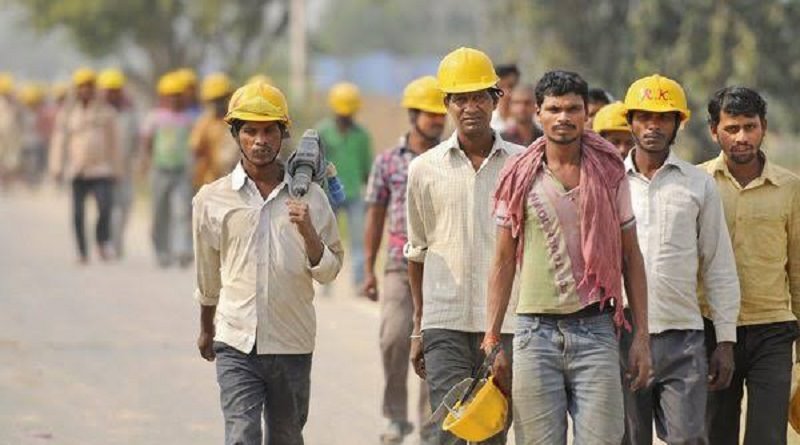Social Security of Labour in India
By Ishita Arora
The social security of labour in India is a critical issue that needs to be addressed. The country’s labour force is massive, and ensuring their protection and well-being is crucial to their quality of life and the country’s economic development. This research paper aims to explore the current state of social security for workers in India, including policies and programs aimed at providing protection and support to individuals and families against social and economic risks such as unemployment, disability, illness, old age, and poverty.
The paper will delve into the legal framework for social security in India, including the Employees’ Provident Fund (EPF) scheme, the Employees’ State Insurance (ESI) Act, and other social security laws. It will also examine the challenges faced by workers in accessing social security benefits, including the informal nature of employment, lack of awareness, and inadequate coverage.
The paper will conclude by highlighting the strengths and weaknesses of the current social security system for labour in India and provide recommendations for improving the system’s effectiveness in providing protection and support to workers. Overall, this research paper seeks to contribute to the ongoing discussion on social security for workers in India and promote policies that support their well-being and economic development.
Source @SSRN











